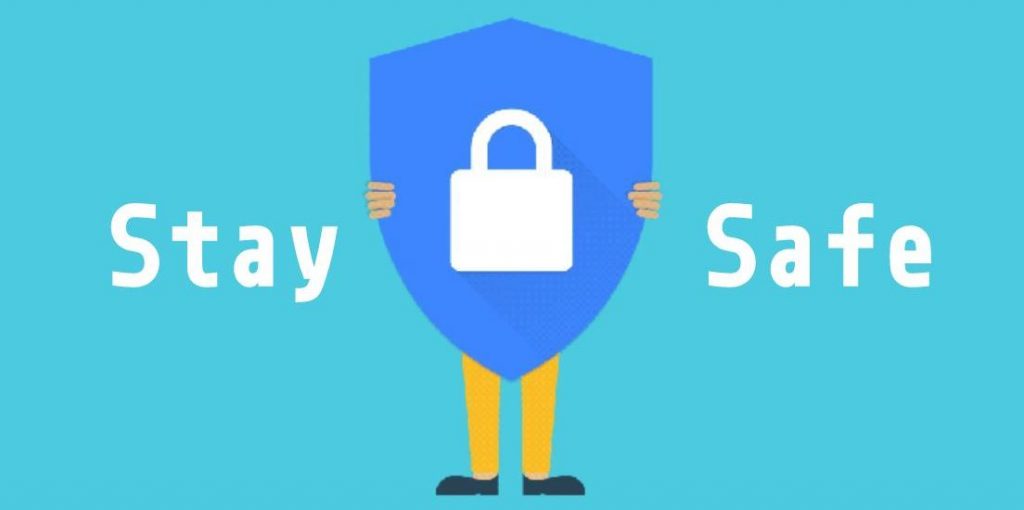Why do we need to be secure online?
Keeping your identity and personal information secure online can help protect you from threats such as identity theft. Especially companies need to keep their account secure so that competitors can’t cheat their plan. Firms can go to Custom Shopify Website Development Services to get secure software and accounts.
Things You Can Do to Be More Secure Online
1. use different passwords for each login to stay secure online
Getting a batch of login and password combinations from one source and trying those same combinations elsewhere is one of the easiest ways for hackers to obtain information.
Let’s assume hackers gained access to your username and password by hacking an email provider. They could try to enter into banking websites or big online retailers with the same login and password.
The single most effective method to be more secure online and prevent a data breach from spreading is to create a strong, unique password for every online account you have.
2. Get a VPN and Start Using It to Stay Secure Online
You need to use a VPN whenever you connect to the Internet through a public Wi-Fi network to be more secure online
Let’s say you go to a tea shop and use a free Wi-Fi network. You have no way of knowing how secure that connection is. Someone else on the network might start searching through or stealing the files and data transferred from your laptop or mobile device without your knowledge. The owner of the Internet may be a thief, taking out information from all Wi-Fi connections.
A VPN protects your internet traffic and routes it through a VPN company-owned server. That means no one can spy on your data, not even the owner of the free Wi-Fi network.
3. use two-factor authentication to be more secure online
Although two-factor authentication is difficult, it greatly improves the security of your accounts and helps you stay secure online. To get access to your accounts, you must pass the second layer of authentication in addition to your login and password. You should use two-factor authentication if the data or personal information in an account is important or valuable. Two-factor authentication is available in several online applications, including Gmail, Evernote, and Dropbox.
Two-factor authentication verifies your identity by using at least two different types of verification: who you are, what you have, and what you know. Naturally, the password is something you already know. Something you are might refer to fingerprint or face recognition authentication.
4. Install an antivirus program and make sure it’s up to date.
Ransomware encrypts files, and you need to pay money in exchange for their recovery. Trojan horse applications appear to be legitimate apps, but they steal your personal information behind the scenes. Bots convert your computer into a zombie army soldier, ready to launch a denial-of-service assault, spam, or do anything the bot herder wants. These, and many other types of malware, are all protected by a good antivirus and will keep you secure online.
5. Examine the Security Software You’ve Installed
Many applications and settings may help you secure your devices and identity, but they’re only helpful if you know how to use them correctly. To get the most out of these tools, you must first learn about their features and settings.
6. Use separate email addresses for various types of accounts.
People who are both organized and methodical about their security frequently use several email accounts for different purposes to keep their online identities separate and be more secure online. If a phishing email appearing to be from your bank arrives on your social media account, you know it’s a fake.

